How are global policies formulated and by whom? Is change needed? What are the priorities? How do different countries and regions vary in their perspectives? The panelists, who work for various global organizations will lead the discussion.
Global Policies
円卓会議201Global Policies
-
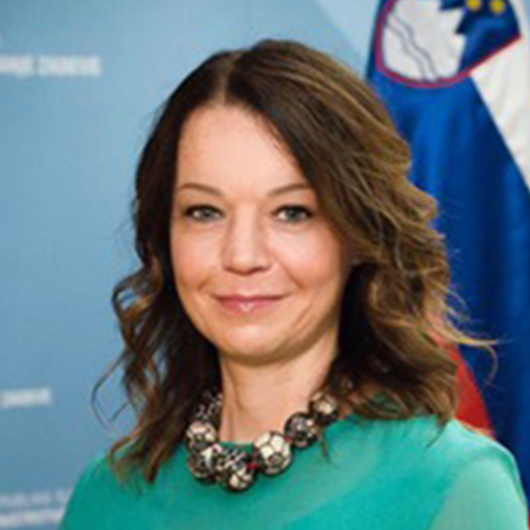 Ms. Simona Leskovar
Ms. Simona LeskovarMinister of State (State Secretary) at the Ministry of Foreign Affairs, Slovenia
-
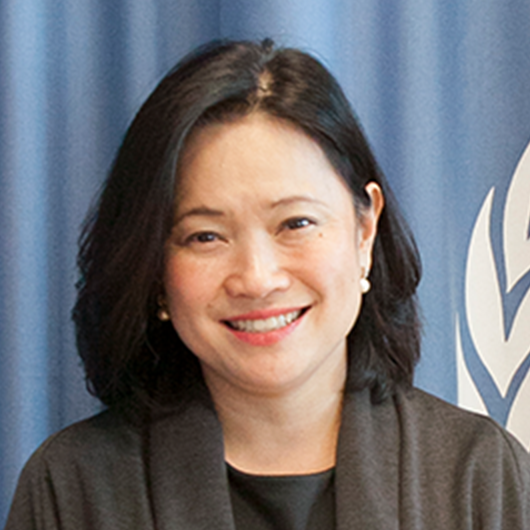 Miwa Kato
Miwa KatoDirector of Global Operations, UNODC
-
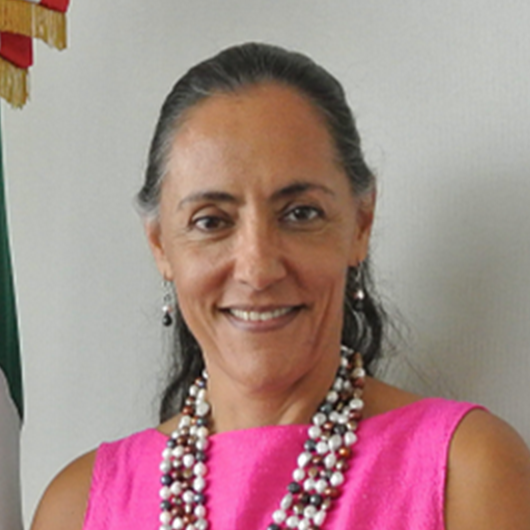 H.E. Ms. Melba Pria
H.E. Ms. Melba PriaAmbassador of Mexico
-
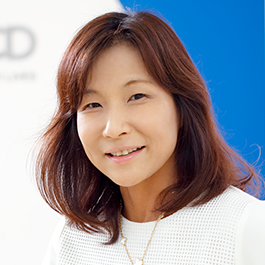 Yumiko Murakami
Yumiko MurakamiHead of OECD Tokyo Centre
A woman alone has power, but together, collectively we have an impact. In today’s global affairs is the same.
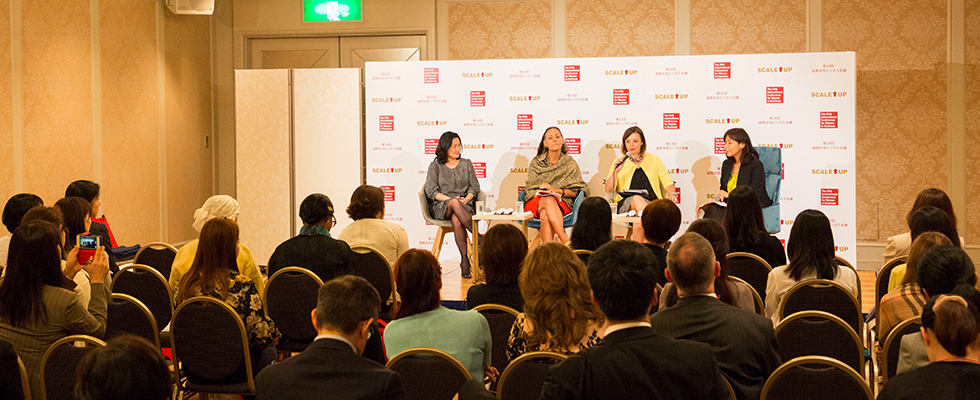
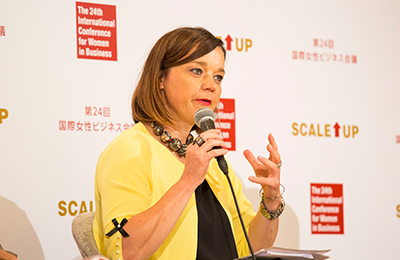
As our world becomes more heavily globalized and interconnected, so does its complexity. In such a complex and multifaceted world, how can global policymaking be implemented successfully? This roundtable was facilitated by Yumiko Murakami, Head of OECD Tokyo Centre with an inspiring and diverse set of panelists; Simona Leskovar, Minister of State at the Ministry of Foreign Affairs in Slovenia; Miwa Kato, UNODC’s Director of Global Operations; and H.E. Melba Pría, Ambassador of Mexico to India.
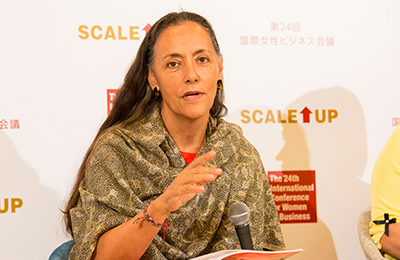
Ms. Murakami posed a question to Ms. Leskovar: “When we talk about global policies, what are important elements to keep in mind for good policymaking?” As a highly experienced diplomat, Ms. Leskovar issued some key pointers regarding the nature of multilateral and transnational contemporary challenges, providing examples from her home country of Slovenia in which efforts have been successful to combat such challenges and why they worked. The State Secretary gave some great advice about how to tackle challenges that arise from this, saying, “Only if we struggle together, then we can really handle these issues we are facing.” She stressed the importance of respecting human rights and rule of law and discussed what she believes to be lacking in the relationship between corporation and individuals (as well as between corporations) and key strategies to foster this relationship.
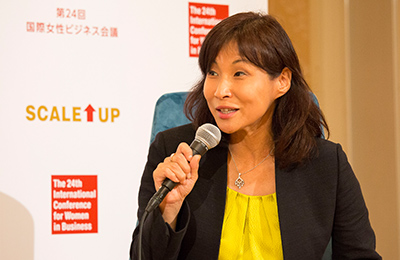
Ambassador Pría approached the same topic from the perspective of Mexico. She spoke about policy formulation based on Mexico City’s policymaking efforts to address pollution, vehicle restriction, cleaner fuels, catalytic converters, and expanding the transport system. After 25 years Mexico City once ranked the most polluted city in the world to the list of the top 40 cities with good air, it was only possible because all the stakeholders agreed to do it. “It is her voice that is different than mine that makes our voice a joint voice.”
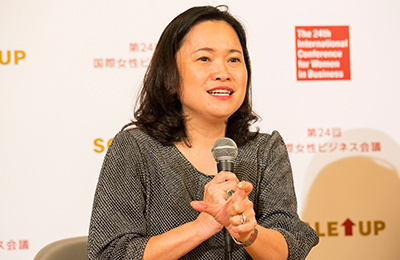
Like the other panelists, Ms. Kato is an advocate of multilateralism. As a long-time employee of the UN, she described the global organization’s approaches and strategies for dealing with global problems. The conversation turned toward political representation and each panelist shared stories from their countries of origin and assignment regarding the development of equality in politics. They each had recommendations on how to scale up. Ambassador Pría shared a rather unexpected, yet refreshing, story that speaks volumes about younger generations and their world view: In the 1980s, Iceland’s had a female prime minister. Watching President Reagan on TV, her two young sons asked in astonishment, “You can also be a man and be a president?” It was inconceivable to them.
The Q&A session was lively, with some excellent questions posed to the panelists, which generated a highly engaging back-and-forth between the participants and panelists. Data was shared to enlighten the audience on the realities of female and male participation in governance and business, and key strategies were offered to break the glass ceiling that holds so many women back.
